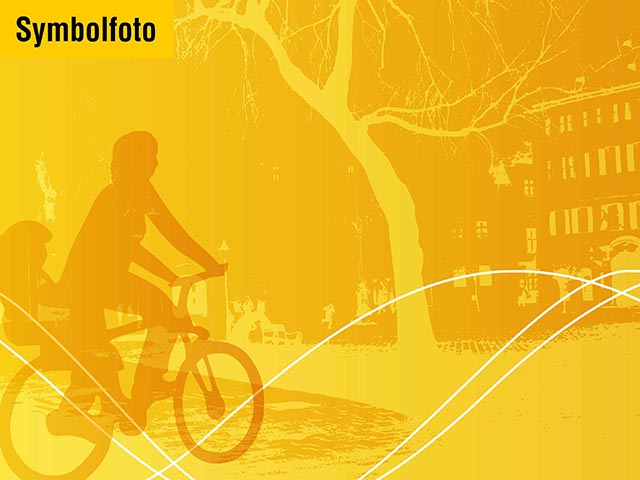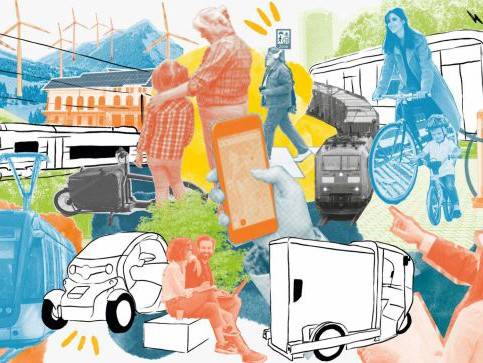
Parking Policy of the town Trebnje
Ziele/Ideen
Since the completion of the national highway, traffic in Trebnje is increasing as well as car-dependency and the use of the car for daily errands among the citizens. The town centre is clogged with parked cars, and what people wanted, was more of the same: more parking spaces, more underground garages and even demolishment of houses to make space for parking.
Parked cars take up a great amount of space in cities. That space – in many smaller cities available free of charge – is a subsidy for car use. Free parking influences prioritising car use over walking or cycling for short distances. Town centres are crowded with cars that are looking for available parking space at the doorstep. The so-called cruising causes traffic, inattentive driving and air pollution.
Car dependency has the other side of the coin too: there are almost no pedestrians and cyclists. The centre lacks public spaces that would invite people to walk, cycle, hang out and linger. Often, sidewalks are too narrow to walk, too damaged to be used by a wheelchair or even non-existent.
Kurzbeschreibung
The town of Trebnje wants to improve public space, traffic safety and quality of life. Verifiable parking evidence gathered by an analysis called “Parking Beat” contributed to a common understanding of the parking situation and helped search for solutions. Backed up by data, the public debate lowered the political risk and increased the possibility of introducing new measures. At the end of the process, the Ordinance on the regulation of stationary traffic was developed and approved within the municipality, giving the parking policy a formal frame.Resultate
In cities with a high degree of motorisation, parking policy is a key mechanism to improve quality of life. Parking policy development helps the municipality to understand what measures they need and how these will benefit the citizens. Based on data collected with the Parking Beat – a method to analyse the use of available parking places – the municipality can make informed decisions. The data also helps communicating with the public, who are involved in the development of the parking policy from the very beginning. Public debates feeding into the vision and objectives are crucial for a wide consensus and smooth adoption of the regulation as well as a swift implementation of the measures.
Partner
Municipality of Trebnje: Commissioner
iPLAN : road planning
Kombinat arhitekti : architecture





